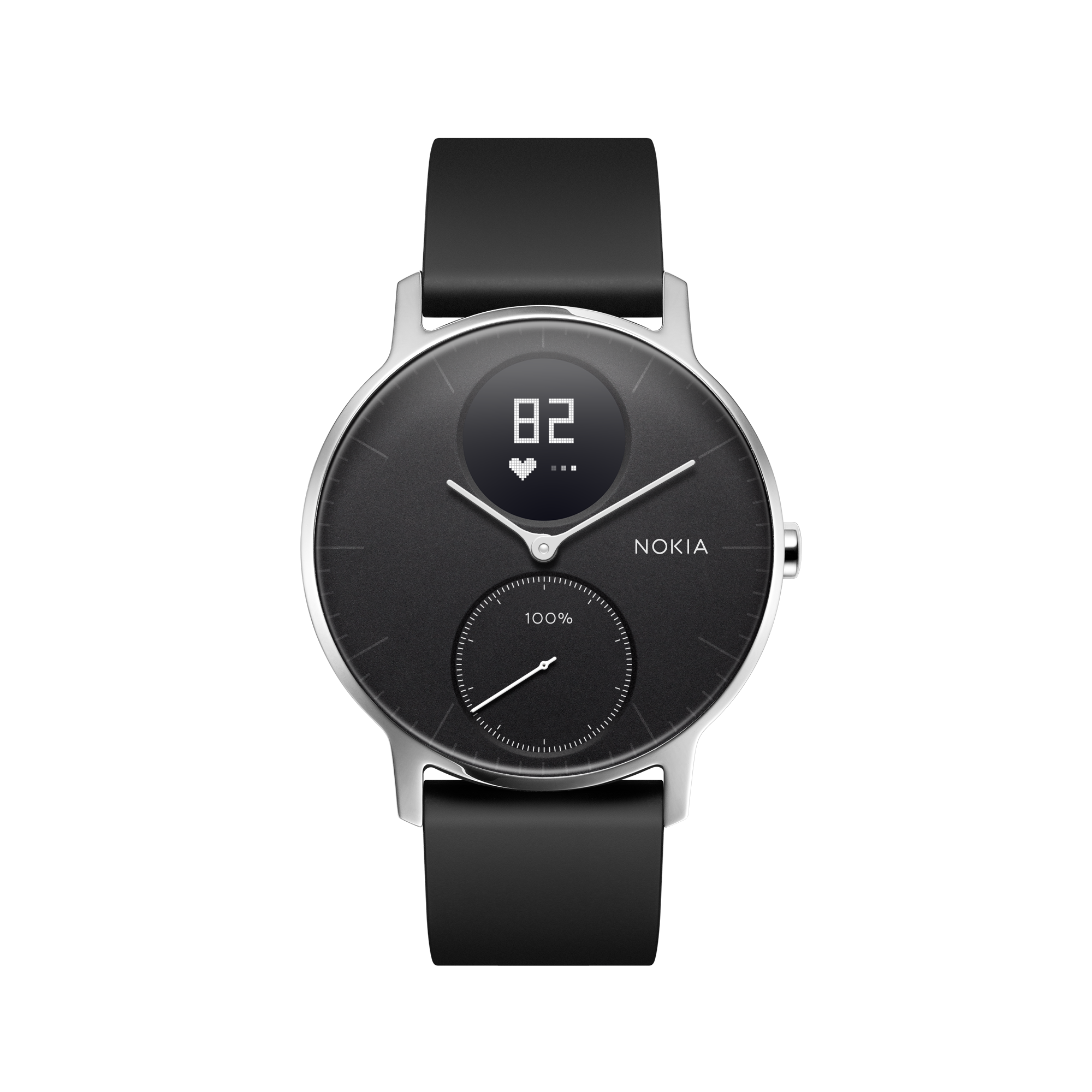
High blood pressure is a common condition that can result in a number of health issues if left untreated. Thankfully, there are many things you can do to lower your blood pressure. We’ve got the lowdown.
1. Exercise More Frequently
Exercising for as few as 30 minutes a day can decrease your blood pressure. Aerobic exercise like walking, running or taking a step class can decrease your blood pressure by several points.
2. Relax!
Stress has a real physical impact on the body and can result in a number of health issues. Learning how to manage and mitigate the stress in your life can help to decrease your blood pressure. Unfortunately, there is no one solution for everyone. For some, opening the lines of communication and talking through your issues may help. For others, setting aside 30 minutes a day for a walk and some “me time” may be a more suitable option. Choose an option that feels most natural to you.
3. Drink Less Alcohol
Moderately drinking alcohol has been shown to have a number of benefits for the body. However, drinking too much alcohol can result in the risk of developing hypertension. Women should limit alcohol intake to one drink per day and men should stick to a max of two drinks per day. Practicing moderation will allow you to experience the benefits of alcohol without jeopardizing your health.
4. Eat Less Sodium
Sodium has continually been shown to have a negative effect on blood pressure. Reducing sodium intake, especially for those individuals with high blood pressure, is key. Much of the sodium in our diets comes from processed and fast foods. Pay attention to food labels while shopping and aim to prepare more fresh meals. Ideally, a person should eat less than 600 milligrams of sodium a day.
5. Eat More Potassium
Though it is common knowledge that sodium intake can increase blood pressure, many people do not realize that potassium has the opposite effect and can balance out the negative effects of sodium. Incorporating potassium rich foods into your diet can help to achieve and maintain a healthy blood pressure. Some healthy options for consuming more potassium include: sweet potatoes, spinach, bananas, pears and grapefruit.
6. Lose Weight
High blood pressure is common in individuals who are overweight. Carrying extra pounds forces your cardiovascular system to work harder which can cause a spike in blood pressure. Losing weight can significantly reduce blood pressure as the workload on body is lessened.
7. Try Yoga
Yoga has offer immense benefits for the body both on an emotional and physical level. The deep breathing exercises and mental focus can help to reduce stress. Additionally, the movements can burn excess fat and help lead to weight loss. Both of these benefits can combine to lower blood pressure.
8. Eliminate Caffeine
Your morning coffee may be doing more than giving you a little pick-me-up. Caffeine causes an immediate, yet temporary, increase in blood pressure. The issue is an even more important for individuals who are caffeine sensitive. Limiting yourself to two caffeinated beverages per day can help to decrease the negative impact caffeine has on your health.
9. Quit Smoking
Once inhaled, nicotine can raise blood pressure for hours after the interaction. A similar effect can be seen with individuals who are exposed to secondhand smoke. Although the increase in blood pressure is temporary, individuals who smoke throughout the day may experience longer lasting and more continuous periods of high blood pressure.
10. Monitor Your Blood Pressure
Keeping track of your blood pressure at home allows you to see how your lifestyle choices affect your health. Additionally, it allows you to be more well informed when reviewing your health with your doctor.




